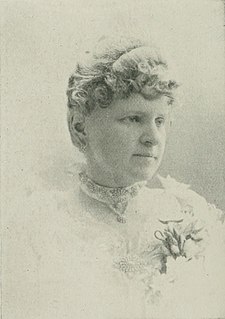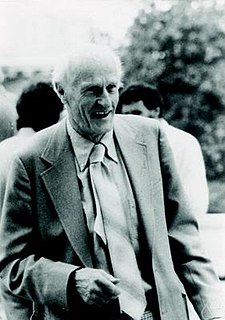A Quote by Keith Gessen
One of the most influential of the post-Soviet books was the Princeton historian Stephen Kotkin's 'Magnetic Mountain: Stalinism as a Civilization' (1995), a study of the steel city of Magnitogorsk, the U.S.S.R.'s answer to Pittsburgh, as it was constructed in the shadow of the Ural Mountains in the early nineteen-thirties.
Related Quotes
I am haunted by what my life would have been had I not had the courage in my early twenties to leave Pittsburgh for New York City and really commit to being a writer. Pittsburgh is both post-industrial and provincial, and the opportunities there are limited. It would have been quite easy to simply drift through life.
I would say Pittsburgh softly each time before throwing him up. Whisper Pittsburgh with my mouth against the tiny ear and throw him higher. Pittsburgh and happiness high up. The only way to leave even the smallest trace. So that all his life her son would feel gladness unaccountably when anyone spoke of the ruined city of steel in America. Each time almost remembering something maybe important that got lost.
The cosmic humor is that if you desire to move mountains and you continue to purify yourself, ultimately you will arrive at the place where you are able to move mountains. But in order to arrive at this position of power you will have had to give up being he-who-wanted-to-move-mountains so that you can be he-who-put-the-mountain-there-in-the-first-place. The humor is that finally when you have the power to move the mountain, you are the person who placed it there--so there the mountain stays.
I should study Nature's laws in all their crossings and unions; I should follow magnetic streams to their source and follow the shores of our magnetic oceans. I should go among the rays of the aurora, and follow them to their beginnings, and study their dealings and communications with other powers and expressions of matter.






































